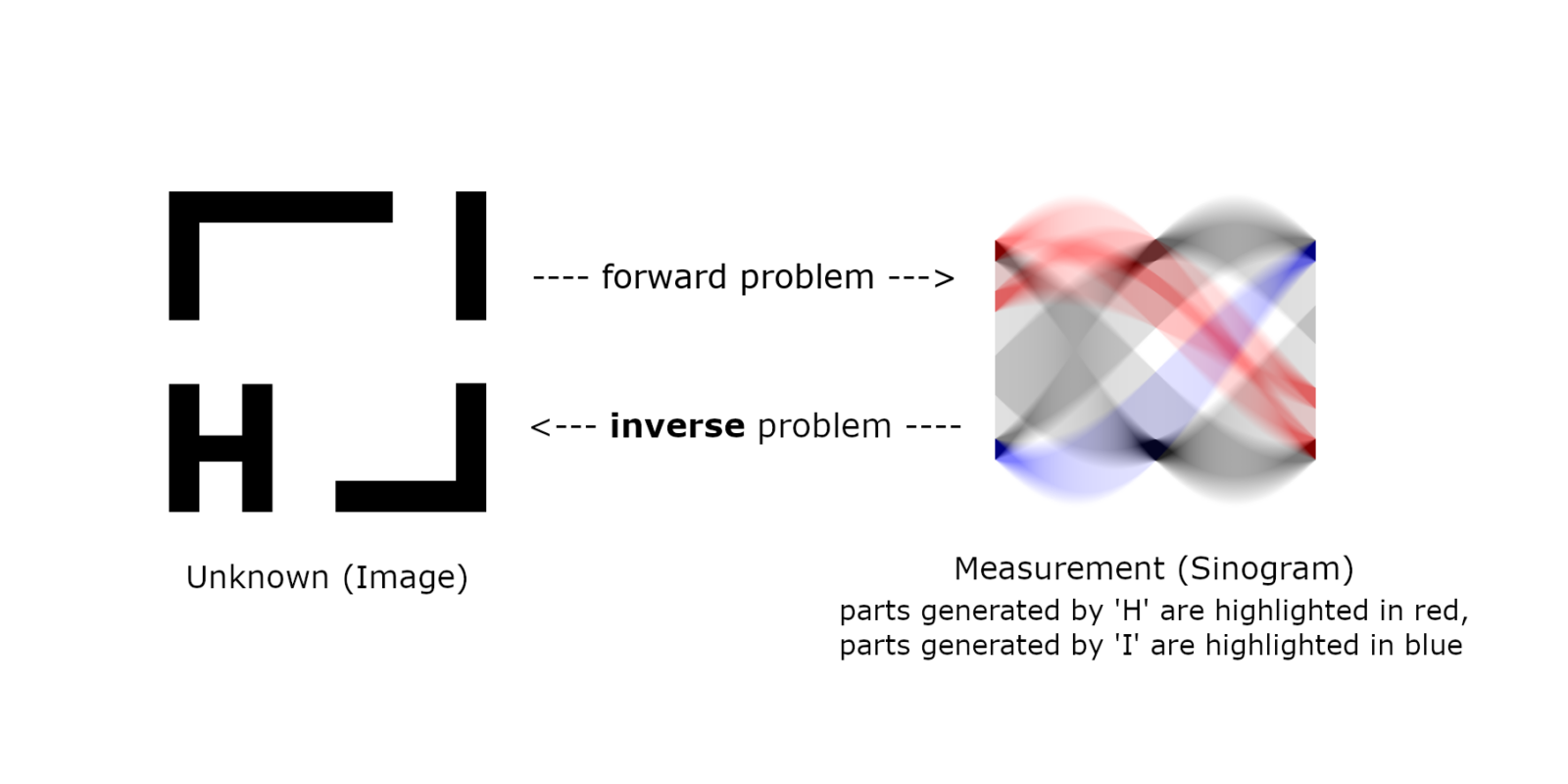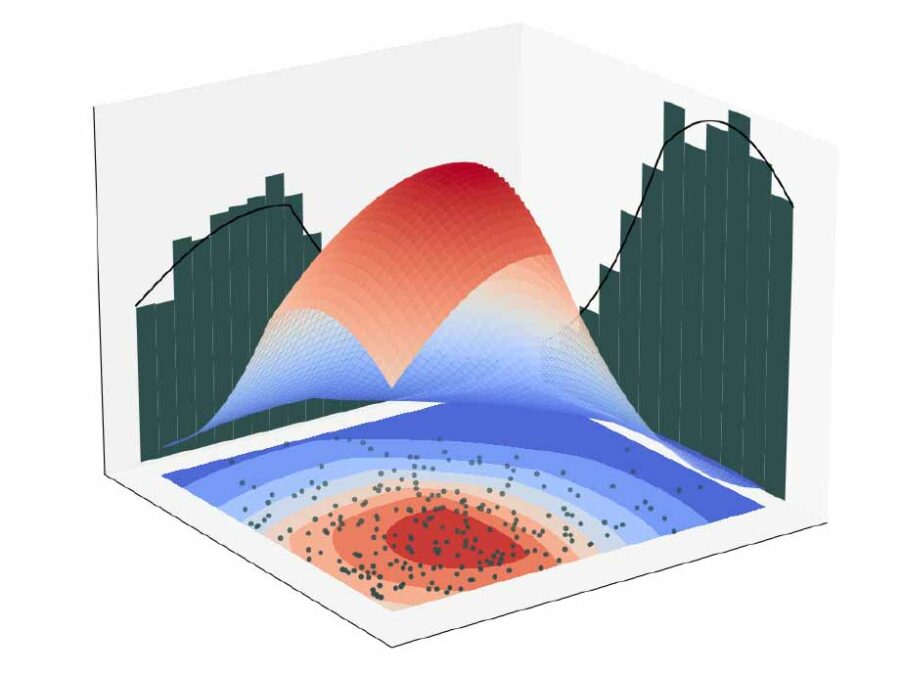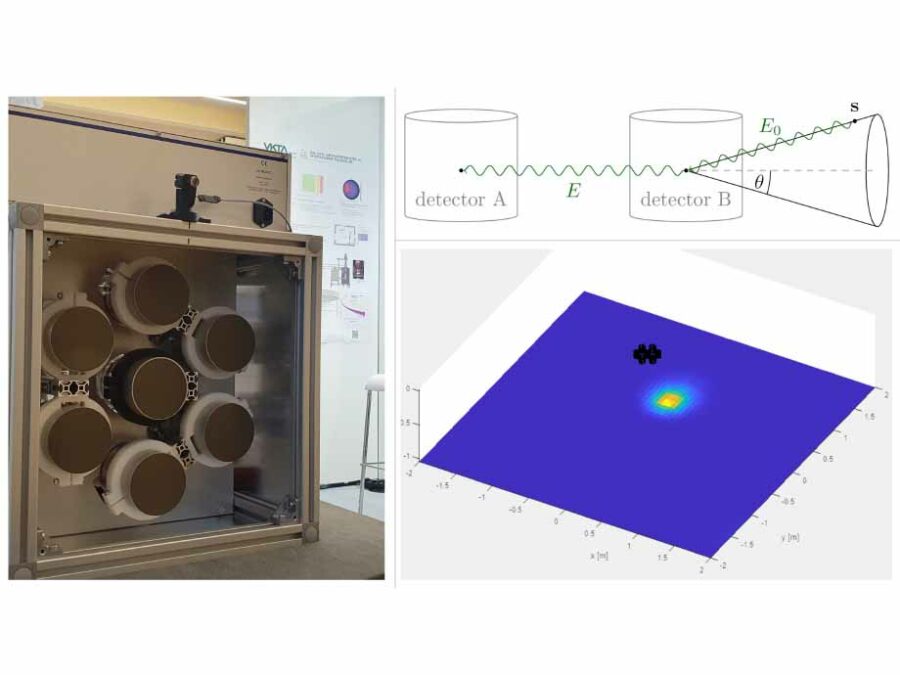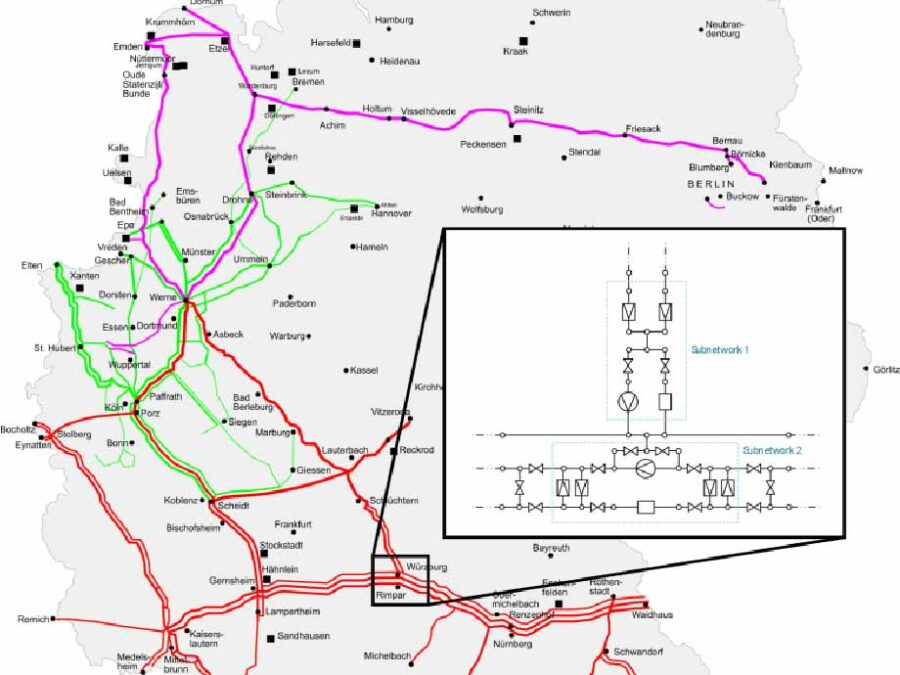Foundations of Supervised Deep Learning for Inverse Problems

Recently, deep learning methods have excelled at various data processing tasks including the solution of ill-posed inverse problems. The goal of this project is to contribute to the theoretical foundation for truly understanding deep networks as regularization techniques which can reestablish a continuous dependence of the solution on the data.
This project is funded by the DFG through the priority program 2298 “Theoretical Foundations of Deep Learning”. More
Loading...
Other projects

Bayesian Computations for Large-scale (Nonlinear) Inverse Problems in Imaging
During research stays with the collaborating group at Caltech, we aim to investigate various aspects of statistical inverse problems. This includes inquiries into particle- and PDE-based sampling methods, as well as robust regularization using neural networks.
QGRIS: Quantitative Gamma-Ray Imaging System
Compton cameras are used for the radiological characterization of nuclear power plants. In this project, a suitable camera system is designed, and the associated algorithms for image reconstruction and nuclide characterization are implemented as user software.